Why such obduracy at NOAA’s Northeast Fisheries Science Center?
08:26
This site uses Akismet to reduce spam. Learn how your comment data is processed.
NILS STOLPE: The New England groundfish debacle (Part IV): Is cutting back harvest really the answer?
While it’s a fact that’s hardly ever acknowledged, the assumption in fisheries management is that if the population of a stock of fish isn’t at some arbitrary level, it’s because of too much fishing. Hence the term “overfished.” Hence the mandated knee jerk reaction of the fisheries managers to not enough fish; cut back on fishing. What of other factors? They don’t count. It’s all about fishing, because fishing is all that the managers can control; it’s their Maslow’s Hammer. When it comes to the oceans it seems as if it’s about all that the industry connected mega-foundations that support the anti-fishing ENGOs with hundreds of millions of dollars a year in “donations” are interested in controlling. Read the article here
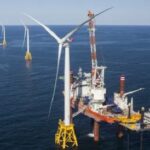
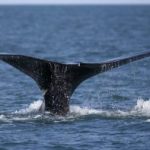
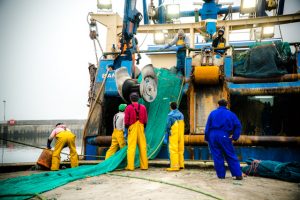
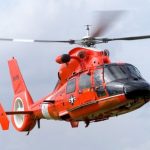
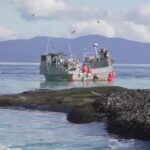
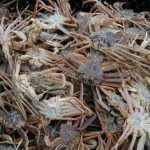
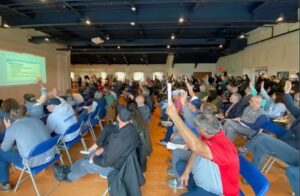

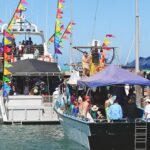
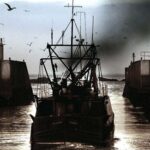
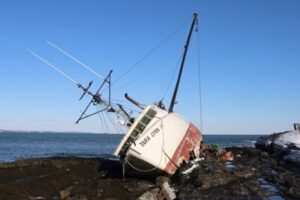
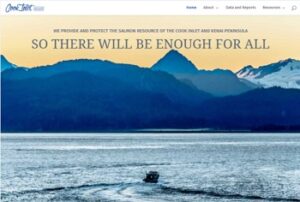
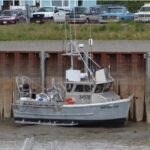
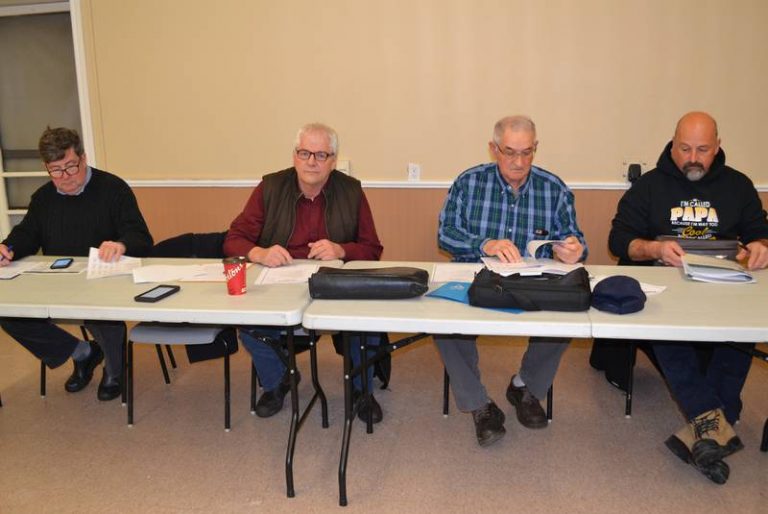

Nobody but a egghead antisocial nerd uses the word obduracy
Why are they so “stubborn” at the NEFSC – Bore Head, was seen and heard by all those who attended the workshop last month on the Bigelow and in Woods Hole. Chris Roebuck and other were there and a number of industry people have pointed out that in plain English, “the Bigelow along with the gear they continue to use is not set up right (this is family-friendly speak here).” Time and again this has been explained and then shown to them but they on the science-collection side were talking about all the work to reset the “calibration of data that WAS, and WOULD BE collected in the future if there was a big change done with the gear.” Essentially Jon Hare who just stepped in and his gang of wizards there will keep doing the same old – same old even when it was pointed out how to improve the efficiency of the gear to catch fish….especially various flatfish. It is akin of someone willing to give you all the correct answers for a big test and you say, “I will stick with mine even though I know I have been wrong in the past and right now they are most likely wrong.” This will only change when it comes from the highest levels of government and hopefully with the incoming administration and Ross becoming the head of Commerce. So what does it take to be fired at NOAA and NMFS? Hopefully the mindset of the NEFSC will quickly change starting January 20th, 2017.
This video clip is from the Dec. 7th Center for Sustainable Fisheries meeting in Narragansett RI. Essentially what Chris is explaining is how difficult it is to get NOAA’s Science Center to incorporate data from cooperative research.
Cooperative research is done by taking a team of scientists on a fishing vessel and adhering to the letter of scientific protocol. This is data gathered from a fishing vessel captained and crewed by knowledgeable fishermen employing the appropriate nets and gear, in the appropriate areas, at the appropriate time of year. The data from coopertive research most often indicates there are many times more fish in the ocean than the government research vessel is reporting. But data not only from studies such as this one that Chris is referring to, but also years of studies form U. Mass. School of Marine Science and Technology historically have been stubbornly ignored by many of the NOAA scientists.
We are hopeful, however, that the new director can change that kind of defensive culture entrenched in NOAA’s scientific community of regulators that are responsible for the inaccurate assessments choking off the regulated fishing communities.
We need comprehensive cooperative research. And a return to the scientific method would be a good place to start. The First Step in the “Scientific Method” is usually noted as Objective Observation, and from that unbiased viewpoint to then “ask a question or state a problem” (i.e., no predisposition, prejudice, or agenda). Regulators seem to have lost sight of this very basic premise of legitimate scientific investigation. If the “given” or the bias is that the fisheries are in dire trouble and “overfished” then the integrity of the Scientific Method’s first step to “Ask A Question” is already compromised and the “research” that follows will either intentionally or inadvertently be compromised in favor of reflecting the minset of the NGOs campaign slogans…”the stocks are endangered and depleted so fishing must be curbed”.
Clearly we must completely revamp the entire approach to gathering fish stock data and incorportaing it into the assessment process—this time with integrity, both intellectual and ethical. Cooperative Research is needed that puts researchers on fishing vessels captained and crewed by experienced, successful, and independent fishermen—fishermen who are not now, or who don’t soon plan to be, on anyone’s payroll.
Then this data needs to be accepted and respected and incorporated in the stock assessments by the existing scientific enclave at NOAA Fisheries— if we are ever to see reasonable, trustworthy, and effective fisheries management.